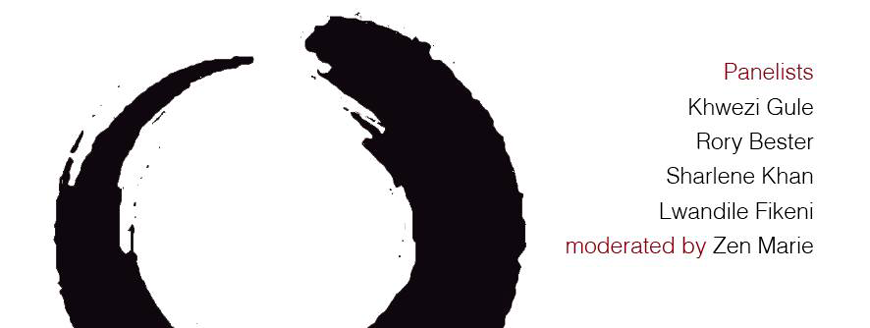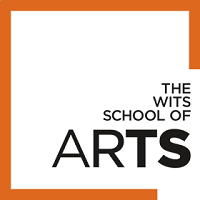Black Artists | White Labels
Black Mark and The Point of Order invite you to Black Artists | White Labels 6 June | 18:00 |
The Point of Order Panelists: Khwezi Gule Rory Bester Sharlene Khan Lwandile Fikeni Same Mdluli
Moderated by Zen Marie Opening address by Nontobeko Ntombela
The recent three-way public conversation between the staff of the Wits Art Museum, initiated through Lwandile Fikeni’s article ‘Black Modernisms, White Saviours’ published in the City Press on the ‘Black Modernisms’ exhibition currently running at the same Museum, has prompted a series of debates on social media and other art platforms.
Much of these debates are focused on, what now seems to be personal accusations, attacks and public slander, moving away from what was initially about larger issues of institutional power, transformation and knowledge production on the works of black modern South African artists. By bringing this panel of experts together, ‘Black Artists, White Labels’ is an attempt to refocus this discussion to issues pertinent to the development of the history of South African black modern art. It asks questions, about the limitations of such forms of representations (the exhibitions) in acknowledging and complicating the values and intellectual contributions of black modern artists in South Africa’s art history.
The panelist have been invited to respond to the following four areas; – institutional dominance versus personal power dynamics (transformation) – tensions in the writing of biographies and autobiographies (the artist’s agency) – museums and exhibitions as sites of struggle (curatorial strategies) strategies of overlooking, deletion and the negation of critical black voices in the arts (acknowledgement of work done by black practitioners)



